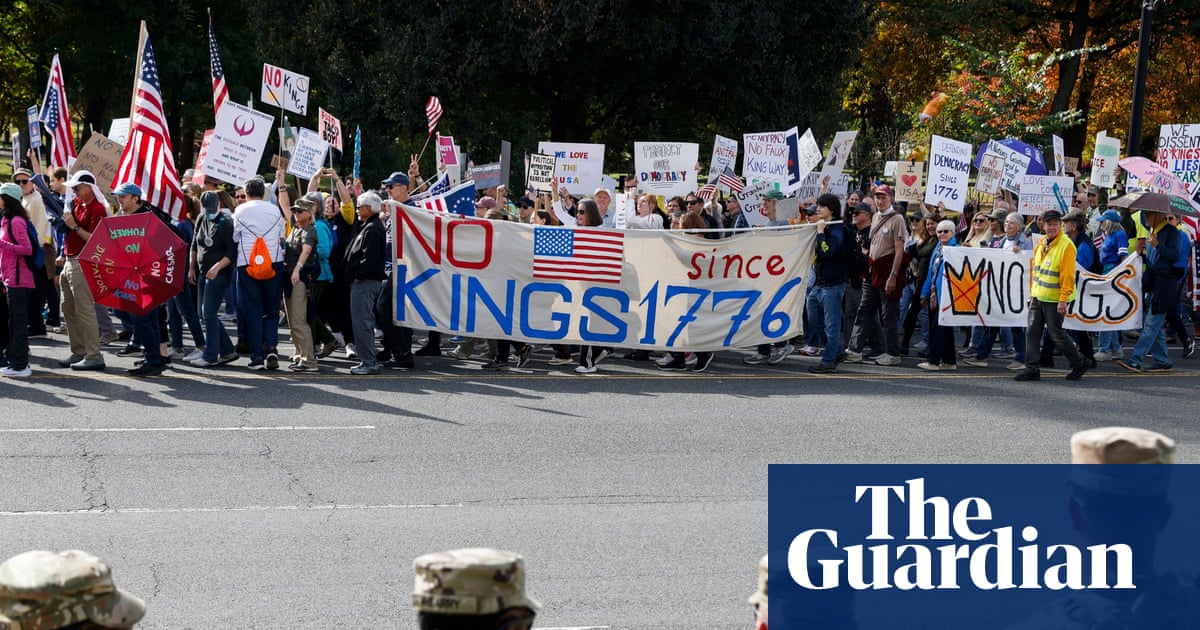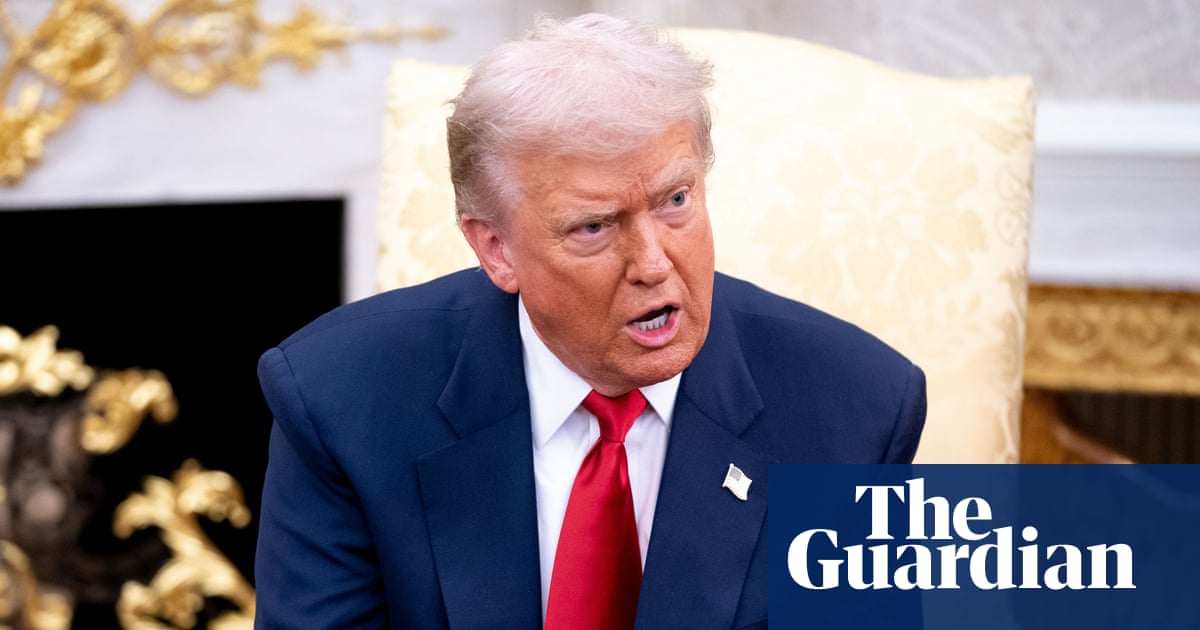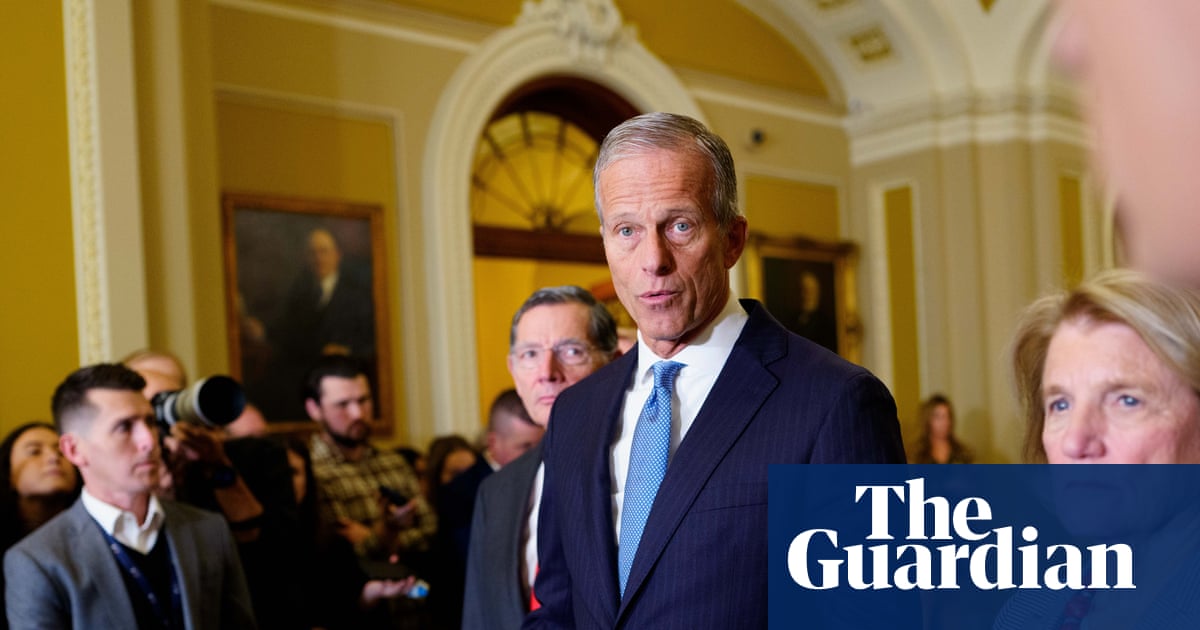BEIJING (Reuters) -U.S. President Donald Trump met China's leader Xi Jinping on Thursday in a summit the U.S. side said yielded an agreement on a range of trade and technology issues that had ratcheted up tension between the world's two biggest economies.
Chinese state media quoted Xi as saying both had "reached a consensus" on resolving "important economic and trade issues".
Here are key issues discussed, according to the U.S. side:
Trump said he would immediately reduce tariffs on China by 10 percentage points.
That came after Beijing agreed to resume U.S. soybean purchases, pledged to keep rare earths exports flowing and offered assurances that China would crack down on the illicit trade of fentanyl, Trump said.
Trump said U.S. tariffs on China would fall to about 47%, from 57% after the immediate suspension of a 10% levy Trump ordered over fentanyl.
Trump had previously threatened an additional tariff of 100% on Chinese goods from November 1 in retaliation for China’s expanded rare earth export controls, but he told reporters aboard Air Force One the threat would not materialise.
He said the broad trade agreement between the United States and China would run for one year, adding that he expected it to be renewed annually.
FENTANYL
Trump said Xi had promised "strong action" on the export of precursor chemicals used in fentanyl production, which has contributed to nearly 450,000 U.S. overdose deaths.
That would include prosecutions in China, Trump said, adding that he expected Xi would take "very strong measures against those who don't obey".
Beijing had sought an elimination of fentanyl-related duties, arguing it had already stepped up enforcement.
In the past, China has also expressed "sympathy" for the fentanyl crisis in the United States and said its government needed to take steps to control demand for drugs.
RARE EARTHS
Trump said the agreement with Xi had removed roadblocks over export controls for rare earth metals that China tightened in April. Those measures led to shortages of rare earth magnets needed for a range of advanced manufacturing, including autos.
Beijing has not yet commented on the details of changes under the agreement Trump described.
China produces more than 90% of the world's processed rare earths and rare earth magnets used in many modern devices, from smartphones to fighter jets.
SOYBEAN PURCHASES
Trump said China, which takes more than 60% of world soybean imports, had committed to buy U.S. soybeans and other agricultural products.
Beijing had effectively boycotted U.S. soybean imports this year due to the trade war, with the lack of Chinese demand having hurt U.S. farmers.
Ahead of the meeting, China bought its first cargoes of U.S. soybeans in several months, in a gesture Trump praised as a display of goodwill.
China bought more than half of U.S.-grown soybeans in 2023 and 2024. U.S. exports to China peaked in 2022 at a value of $17.92 billion.
SEMICONDUCTORS
Trump said the two sides had discussed China's access to U.S.-made chips, including AI chips made by industry leader Nvidia. Trump said that did not include the Blackwell chip, Nvidia's most advanced offering.
Chinese authorities had tightened some controls over Nvidia chip imports and urged domestic tech companies to buy locally in the run-up to Thursday's meeting.
China has vowed to develop its strategic industries in efforts to attain technological self-reliance, moves it sees as key to bolstering its position in an intensifying rivalry with the United States.
The United States has been trying to limit China's access to advanced chips since 2019. Those export controls were expanded under the Biden administration.
TAIWAN
Trump said Taiwan never came up in his talks with Xi.
Some experts had expressed fears that Trump might offer concessions over Taiwan. U.S. law requires Washington to provide Taiwan with the means to defend itself.
Since taking office earlier this year, Trump has vacillated on his position towards the democratically governed island claimed by China. Trump has yet to approve any new U.S. arms sales to Taipei.
On Sunday, Chinese state media said Chinese H-6K bombers recently flew near Taiwan to practise "confrontation drills."
(Reporting by Liangping Gao and Kevin Yao; Editing by Clarence Fernandez)

 German (DE)
German (DE)  English (US)
English (US)  Spanish (ES)
Spanish (ES)  French (FR)
French (FR)  Hindi (IN)
Hindi (IN)  Italian (IT)
Italian (IT)  Russian (RU)
Russian (RU) 






















Comments